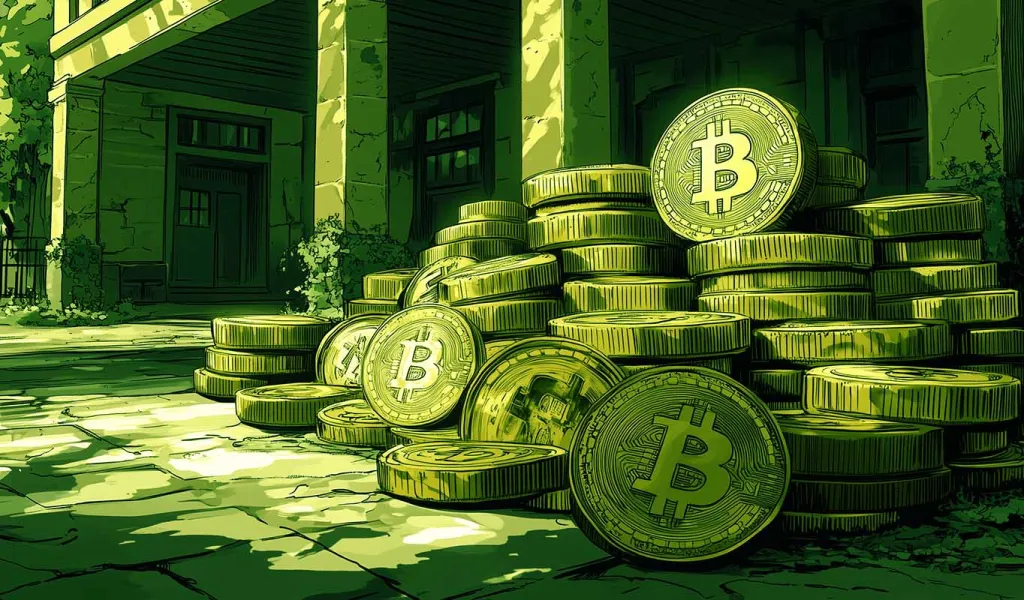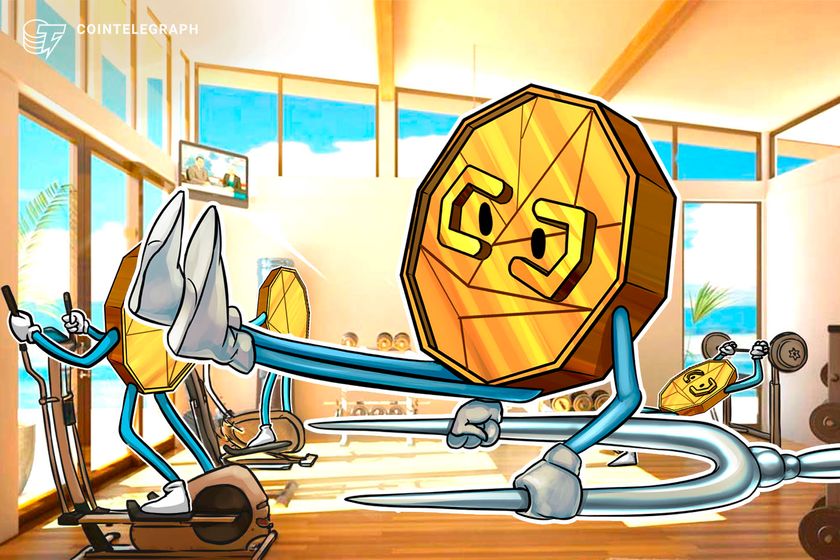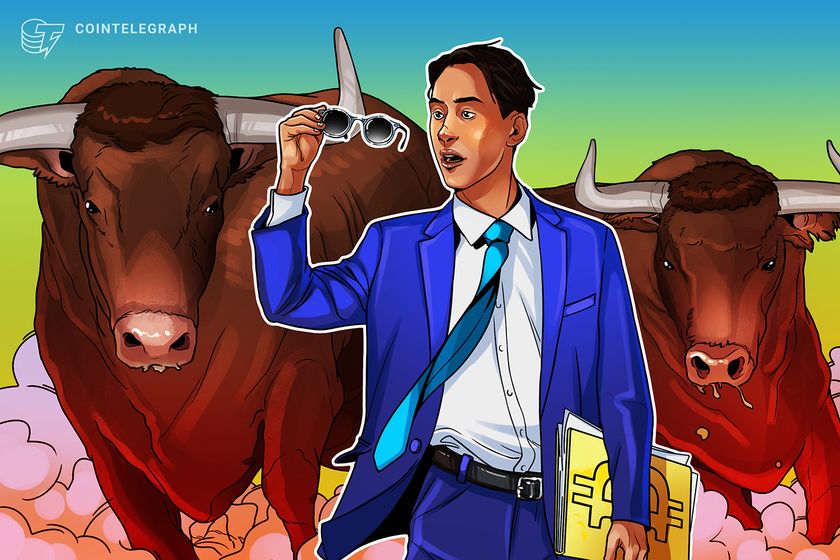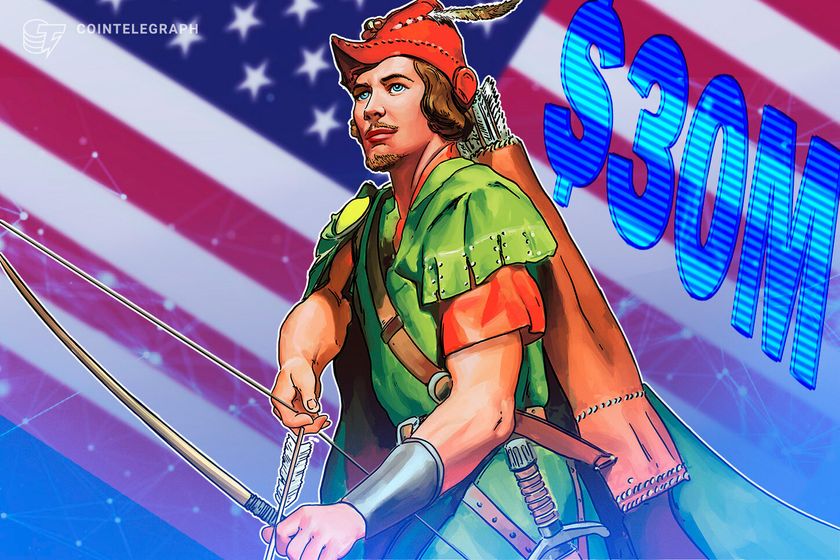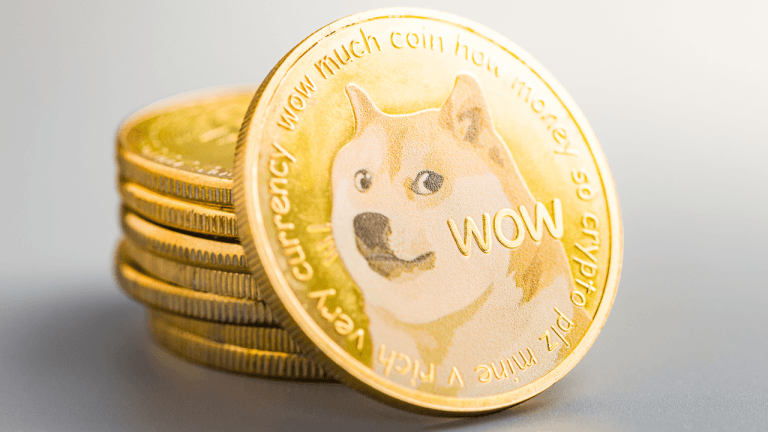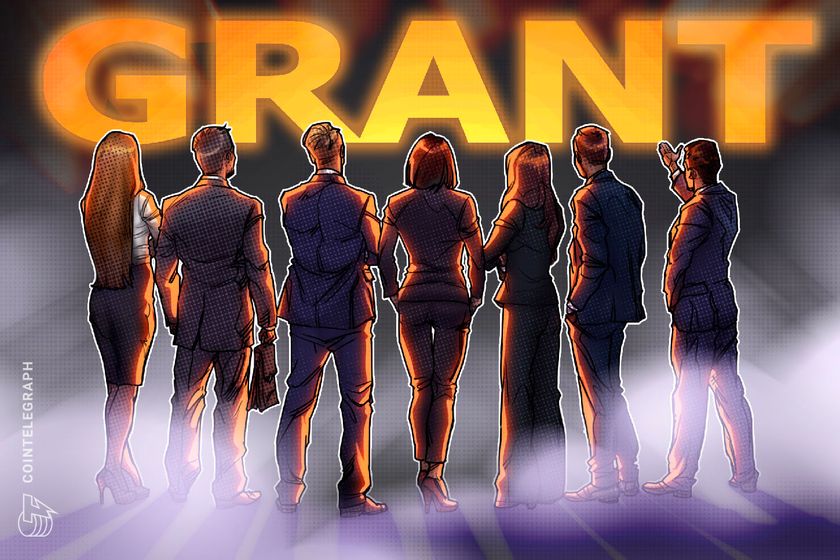
High-profile athletes are spending huge amounts on NFTs: Here’s why

Worldwide nonfungible token trading was worth around $40 billion in 2021, and it has since attracted some big names in the sports industry.
Athletes have been known to invest in a range of assets and businesses, but now they’re also getting into cryptocurrency and blockchain.
Nonfungible tokens (NFTs) are a relatively new form of tokens that allows for the exchange, trade and ownership of unique digital assets. According to market data, worldwide NFT trading was worth around $40 billion in 2021, and now some professional athletes have joined the movement.
I just acquired MAYC #10442 from my guy @ishmilly @BoredApeYC
Where are my apes at? #mutantapes #mayc pic.twitter.com/LQSQywNOCO— Reece James (@reecejames_24) January 2, 2022
Luka Modric, a Real Madrid soccer player from Croatia, launched a line of NFTs, while Neymar, a Brazilian professional footballer with Paris Saint-Germain in the French league, recently paid over $1 million for two NFTs. Several professional athletes, including Alexander Ovechkin and Michael Bisping, have been known to be interested in the world of NFTs.
Buying NFTs appears to be a simple and lucrative investment for the rich, especially if they are well-known. However, Philip Gunwhy, partner and brand strategist at Blockassets, an athlete-focused NFT ecosystem, claims that there is considerably more to it than simply investing and cashing out. During a Q&A session with Cointelegraph, Gunwhy discussed why athletes have been drawn to NFTs.
Related: NFTs and DeFi are revolutionizing real-estate investing and homeownership — Here’s how
Cointelegraph: Why do you think athletes are drawn to the NFT world?
Philip Gunwhy: The ever-evolving world of NFTs and the technology behind them means that athletes can utilize them in a way to interact with fans. While it is a relatively new technology, there are clear examples of how fans can benefit from holding official athlete NFTs such as meet and greets right up to fully interactive metaverse interaction with 360 cameras.
CT: What’s beyond that? What would happen if everyone issued their own NFTs?
PG: How NFTs are being utilized changes every day. Ultimately it’s a smart contract, transparent transactions that will be permanently stored on the blockchain.
If everyone is issued their own NFTs outside of the world of celebrities, there still may be use cases for it even with a lack of overall public demand. For example, I could issue my CV as an NFT, employment history and references could all be verified.
Ultimately, the uses for NFTs are only limited by the limits of imagination.
CT: What benefits do you think athletes can get from being involved in the NFT world?
PG: Aside from all of the traditional levels of exposure that any traditional marketing method would bring, it is a way for them to engage with their fans in a way never before. With an athlete NFT collection and or token, the superfans become part of a super community.
I’m a big believer in the future of fan/social tokens and creating an eco-system that fans can benefit from acquiring their token; it’s a path and a journey that the fans can benefit from at the same time the athlete does, creating a win-win environment for both athlete and fan.
CT: How do you think the influx of athletes into the NFT world will change the industry?
PG: The influx of athletes into the NFT world will bring mass adoption and education to NFTs. But, at this point, we are only really touching the tip of the iceberg as to people’s general awareness of the power NFTs can bring to society. Throughout history, those with influence will be the ones that deliver awareness to the masses.
CT: Do you see any potential risks associated with athletes being involved in the NFT world?
PG: As with anything new that follows the path of hype, there will always be the unscrupulous minority who will try to take advantage of the situation. The creation of imitation NFTs and or phishing type scams will pop up. Therefore, people need to be vigilant. Work with only companies that you can be confident are official and make sure due diligence has been covered before making any investments.
CT: Which current processes in the sports industry can be eventually replaced with NFTs or blockchain in the future?
PG: I see a high probability that traditional ticketing will be entirely replaced by NFT ticketing. A season ticket, for example, could be transferred with complete transparency across the blockchain. There are so many more benefits to replacing old technology with the new, and tickets will never be lost; the ticket can and will be used in both digital and real-world scenarios. For example, a match day program can be airdropped to the holders’ wallet along with clips and highlights of the game.
CT: What advice would you give an athlete who is looking to get into the NFT world?
PG: For an athlete looking to get into the NFT world, I’d encourage them to discover their motives. Those simply looking to get an extra revenue stream can provide that, but fans will not necessarily be engaged with it. If the athlete wants to engage with their fan base and grow a true synergy, then find the right company to partner with that has proven to deliver this.
CT: Do you think there’s more to it than just investing and cashing out?
PG: While there will always be many people looking at athlete NFTs as an investment, it’s not necessarily the view that I hold at all. Instead, I view the collection of NFTs and the acquisition of social tokens as a fun way to interact with the athlete. If you are a fan and want to benefit from that relationship, then the future is in digital smart contracts.
Related: Fan Controlled Football raises $40M to expand league with Bored Apes and Gutter Cats
CT: How do you see athletes’ involvement in the NFT world affecting their careers in the long run?
PG: Athletes that become involved in the NFT world can benefit their careers by adding value to their IP. With social tokens, their market cap can directly determine their value as an athlete. Although, the past couple of decades, sponsorship deals have been a huge factor in decision making when it comes to negotiating sponsorship deals, the future of Web3 and social tokens empowering new forms of social media an athlete market cap will quickly catch up and potentially overtake as a way to determine an athletes popularity and therefore marketability.
Go to Source
Author: Arnold Kirimi
